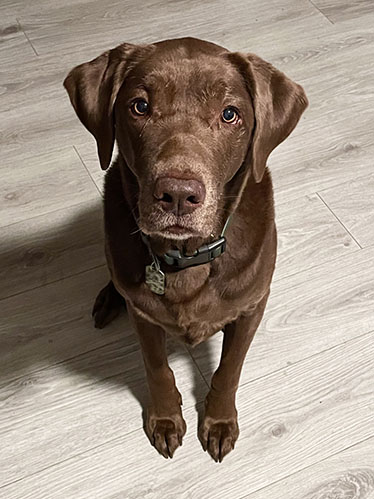
Unleash Success
Welcoming a dog into your life is a rewarding experience, but it also comes with its share of challenges, especially when it comes to training. Whether you have a new puppy or an older dog, the right training can foster a strong bond, well-mannered behavior, and a harmonious household. However, finding the perfect dog trainer requires careful consideration. This article aims to guide you through the process of selecting the right dog trainer to meet your specific needs and goals.
Why a Professional Dog Trainer Matters
Professional dog trainers possess the expertise to teach your dog essential commands, address behavioral issues, and enhance the overall quality of your pet’s life. The right trainer can create a personalized training plan tailored to your dog’s temperament, age, and specific challenges. Moreover, a skilled trainer empowers you with effective techniques that promote communication and understanding between you and your furry companion.
Steps to Finding the Perfect Dog Trainer
1. Determine Your Goals
Before embarking on the search for a dog trainer, define your goals. Are you looking to address behavioral problems, teach basic obedience commands, or train your dog for specific tasks? Having clear objectives will help you find a trainer with the right expertise.
2. Research
Start your search by seeking recommendations from friends, family, veterinarians, or local pet stores. Additionally, explore online reviews and resources from reputable organizations such as the Association of Professional Dog Trainers (APDT) and the International Association of Canine Professionals (IACP).
3. Check Qualifications
Look for trainers who are certified by respected organizations in the field, such as the APDT, the IACP, or the Certification Council for Professional Dog Trainers (CCPDT). These certifications indicate that the trainer has undergone rigorous education and testing.
4. Interview Potential Trainers
Reach out to potential trainers to discuss your needs, concerns, and goals. Ask about their training philosophy, methods, and experience. A good trainer should be willing to answer your questions and demonstrate their knowledge.
5. Observe a Class
If possible, attend a training class conducted by the trainer you’re considering. This gives you firsthand experience of their teaching style, how they interact with dogs, and the overall atmosphere of their training sessions.
6. Positive Reinforcement Approach
Choose a trainer who utilizes positive reinforcement methods, which focus on rewarding desired behaviors rather than punishing unwanted ones. Positive reinforcement builds trust and promotes a strong bond between you and your dog.
7. Positive Reinforcement Approach
Each dog is unique, so a good trainer should be able to customize their approach to suit your dog’s personality and needs. Avoid trainers who employ a one-size-fits-all approach.
8. Ask for References
Don’t hesitate to ask the trainer for references from past clients. Speaking with others who have worked with the trainer can provide valuable insights into their effectiveness and professionalism.
9. Assess Communication Skills
Effective communication is crucial in dog training. A good trainer should be able to clearly explain concepts and techniques to you in a way that’s easy to understand and implement.
10. Trust Your Instincts
Your gut feeling matters. If you feel a strong rapport with a particular trainer and believe their methods align with your values, it’s a positive sign that you’re on the right track.
Take Time to Research
Selecting the right dog trainer is a vital step in ensuring your dog’s well-being and your own peace of mind. A skilled and compassionate trainer can guide you and your furry friend toward success in behavior and obedience. By taking the time to research, interview, and observe potential trainers, you can make an informed decision that sets you and your dog up for a rewarding training journey filled with growth and positive experiences.
Sources:
- American Kennel Club (AKC). (n.d.). “How to Find & Choose a Dog Trainer.” https://www.akc.org/expert-advice/training/finding-choosing-a-dog-trainer/
- Association of Professional Dog Trainers (APDT). (n.d.). “About APDT.” https://apdt.com/about/
- International Association of Canine Professionals (IACP). (n.d.). “About the IACP.” https://iacpdogs.org/
- Certification Council for Professional Dog Trainers (CCPDT). (n.d.). “How to Choose a Professional Dog Trainer or Behavior Consultant?” https://www.ccpdt.org/dog-owners/how-to-choose-a-dog-trainer/


